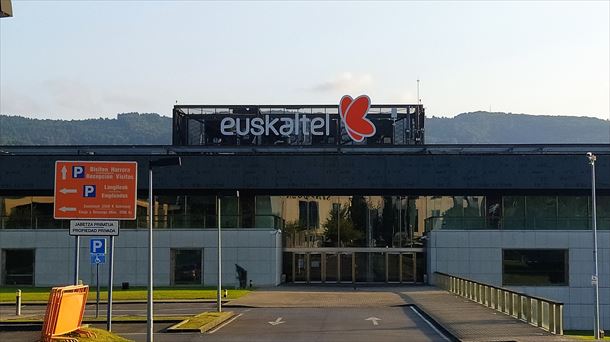Whether it concerns climate change, economic inequality or the formation of political camps: we hear again and again that we live in times of crisis. Researchers have now built a historical database of similar crises to look for factors that helped overcome the situations. The central result: social cohesion brings stability.
An international team led by Peter Turchin and Daniel Hoyer from the Complexity Science Hub (CSH) in Vienna used historical and archaeological data for 373 societies worldwide. They looked at information about 150 historical developments in different parts of the world, for example about long-term droughts and phases of increased earthquakes or volcanic activity.
How such polycrises were handled differently was demonstrated, for example, by looking at the Ottoman Empire, which was particularly hard hit by droughts resulting from the ‘Little Ice Age’, especially in the late 16th and early 16th centuries. 17th century. The researchers mainly attributed the fact that the enormous empire did not sink into total chaos at the time to the fact that social cohesion could be maintained despite the difficult situation and unrest. For example, the agricultural irrigation system, drinking water supply and resource distribution worked.
Although many people died in total, these people in particular were able to survive. “Unlike the Qing (rule in China from 1644 to 1912, ed.), these systems were maintained until environmental conditions improved,” the paper says.
A lack of cohesion led to migration
Conversely, a lack of social cohesion in what is now southern Mexico led to large portions of the population migrating to smaller settlements in the area around AD 900. At that time, large, representative buildings and the self-portrait of the ruling caste increased. There were signs of power struggles within the elites.
The Covid-19 pandemic has also found its way into the workplace. The result is that the crisis was managed more effectively if the population stayed together and observed social distancing rules. “Given that we are in a time of increasing environmental and economic disruption, inequality and major conflict,” Hoyer concluded, “there must be a focus on strengthening societal resilience.”
Source: Krone
I am an experienced and passionate journalist with a strong track record in news website reporting. I specialize in technology coverage, breaking stories on the latest developments and trends from around the world. Working for Today Times Live has given me the opportunity to write thought-provoking pieces that have caught the attention of many readers.



